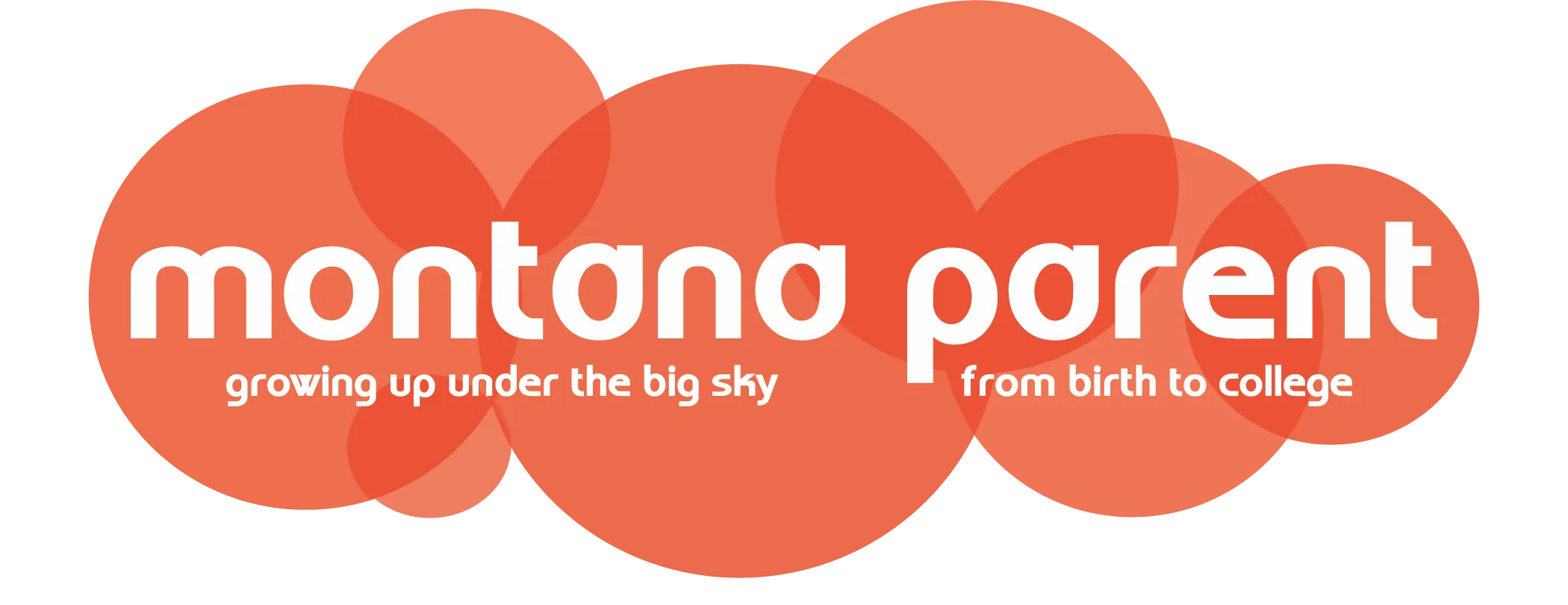Not Holding the High Ground
March 17, 2015
Posted By: Shaunescy
I warn my students—both verbally and in writing—that my teaching follows a “pedagogy of
narrative digression.” That’s my way of telling them two things: (a) I talk too much and (b) I have a tendency to let one story bleed into another until I’ve lost track of both where I started and where I was heading. Normally, proceeding by digression like this isn’t a major problem. My mind doesn’t work in straight lines, so there’s no reason to think my mouth would do better. This defect is most pronounced when I’m teaching history…especially some aspect of military history. Ask me anything. Whether the topic is strategy or tactics, Alexander or Afghanistan, there’s a 100% chance that I’ve got an opinion. As with most things that exist at 100%, there’s a decent chance that my opinion on a given topic will be either flawed or under-informed or otherwise misguided…but the opinion itself is still there. Decades ago, I chose an English major over a History major for entirely arbitrary reasons, and while English has been good to me…I’ve never really stopped majoring in History, too.
My tendency toward narration is a flaw I’m fully aware of, and I normally know when students are exploiting it: Didn’t do all of the homework for today? Just get Borrowman talking about the true benefits of the hoplite phalanx in ancient warfare or the introduction of night vision and its impact on counter-guerilla tactics in temperate climates. Problem solved.
John and Samantha—who turn ten in only a handful of days—have already suffered the collateral damage; Sam’s in love with trivia and reading nonfiction. John’s into watching documentaries, whether the focus is on how chocolate candy is made or how the D-Day invasion was planned. Their joy in factual information makes me smile; there are much worse things they could pick up from me.
That’s the problem, really.
I love history, especially military history, and as virtually every military historian knows, holding the high ground matters. It mattered in ancient Greece 2500 years ago, and it matters in modern Syria.
The kids are old enough now that tough topics come up regularly: alcohol, drug use, misbehaving in school, a thousand other things that, thankfully, are still just questions being asked rather than problems being encountered.
And I don’t hold the moral high ground on any of this. I grew up in Anaconda, across the 1970s and 1980s, and there’s no bad decision I didn’t embrace at some point.
Thankfully, my wife followed a better path, made better choices, turned into a better person. She’s the parent who can speak from a position of strength, the parent who can lead by example, the parent who doesn’t have to hide behind the ever-pointless rhetoric of “do as I say not as I do.”
So I’m the parent who clams up when the principal calls about a playground scuffle or when the teacher emails about a string of never-finished homework assignments. Elizabeth deals best with the initial flare ups; I step in to talk about fixing problems, addressing harm that’s been done, remediating work that deliberately ignored in order to make time for basketball or Xbox.
Elizabeth teaches the kids to think about how they could have made good decisions in the first place.
I teach the kids to make good decisions from now on, to make good decisions once the consequences of the bad decisions are all played out.
----------------------
With Love, Dad
Shane Borrowman is a native of Anaconda, father of twins, and professor of English at The University of Montana Western. He has published on a wide range of topics, including the development of boxing in Renaissance England, medieval Arabic philosophy, and American zombie films. He is editor or co-editor of four writing textbooks and six collections of original scholarship. Visit http://www.shaneborrowman.com , home of Shane's blog, Kairotic Palaver.














